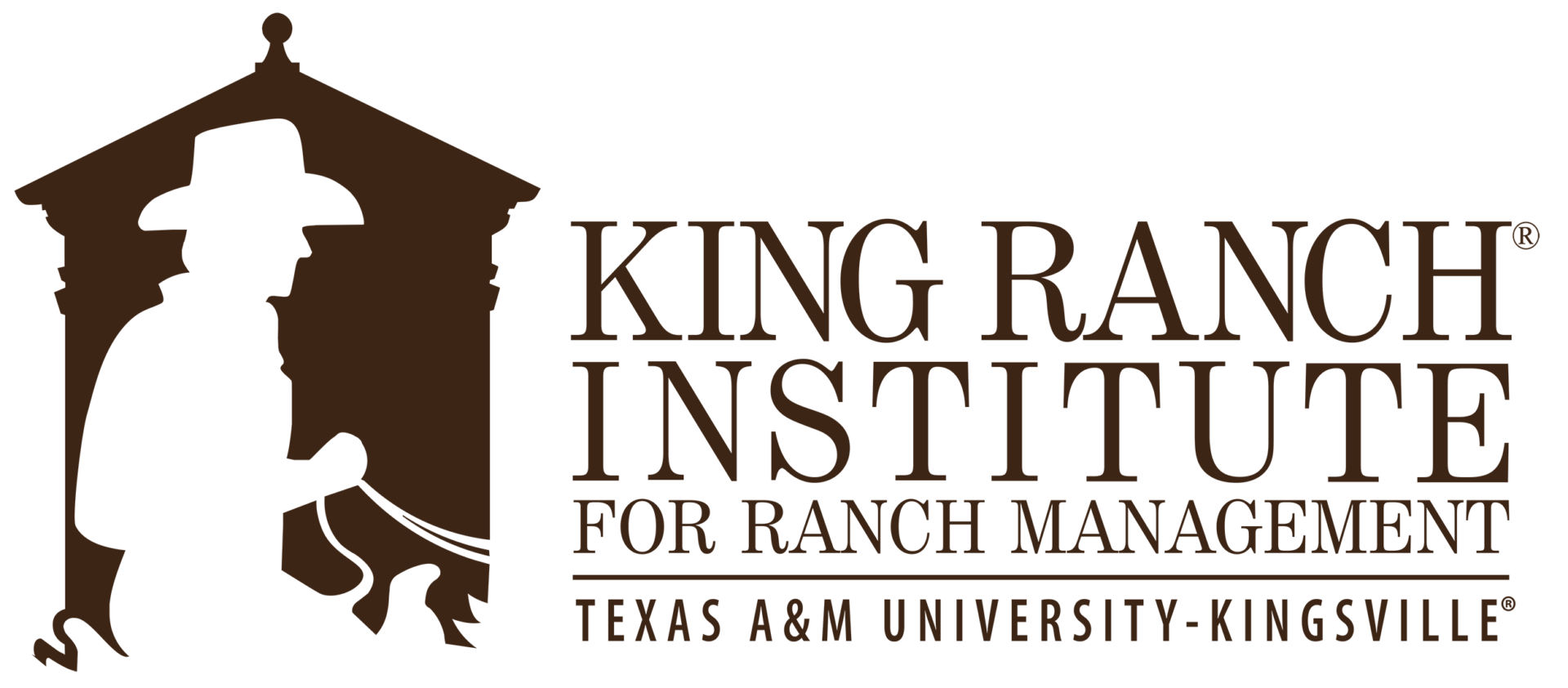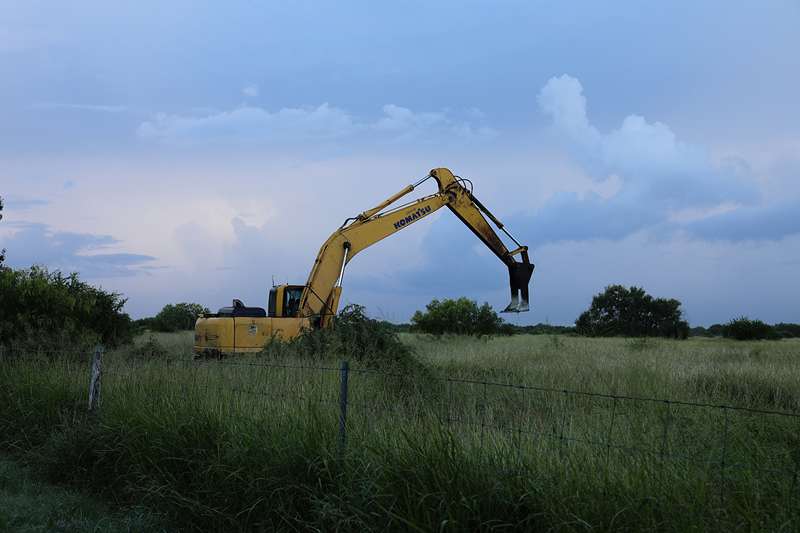Kingsville, Texas (Aug. 23, 2021)—The King Ranch® Institute for Ranch Management (KRIRM) will host a new hybrid lectureship, Brush and Invasive Species Management, in Kingsville, Texas, and online Sept. 24-25, 2021.
Sponsored by Corteva Agriscience, the rancher learning opportunity will address the continuous need and long-term commitment for brush and invasive species control.
“There is no doubt, throughout much of our great country, brush management is a perennial challenge for ranch and natural resource managers,” explained KRIRM Director Clay Mathis, Ph.D.
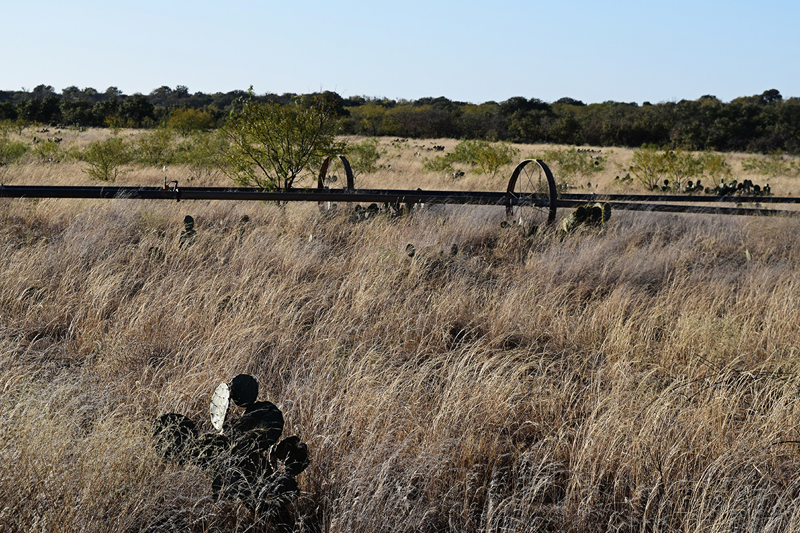
With this in mind, the lectureship was designed to bring top industry experts together to teach the full complement of brush management tools to achieve effective control and cost measures for the Southern Great Plains region. Senior Pasture and Range Specialist Jeff Goodwin with Noble Research Institute, LLC, will lead the lectureship instruction along with Stan Bevers, KRIRM; Benny Martinez, Corteva Agriscience; Tiffany Dowell-Lashmet, Texas A&M AgriLife Extension; Dave DeLaney; and Verl Cash of King Ranch, Inc.
Goodwin explains that climactic fluctuations, historic grazing pressure, and/or the suppression of fire have significantly changed the rangeland landscape over the past 250 years leading to an increase in woody brush density. While woody brush encroachment limits grazable acres, decreases forage productivity, influences hydrologic function, and impacts ecosystem function, Goodwin says that woody cover can also be a benefit for wildlife habitats.
“Understanding how to manage and manipulate brush utilizing the most cost effective and ecologically sound management techniques should be an essential skill for any land manager,” says Goodwin.
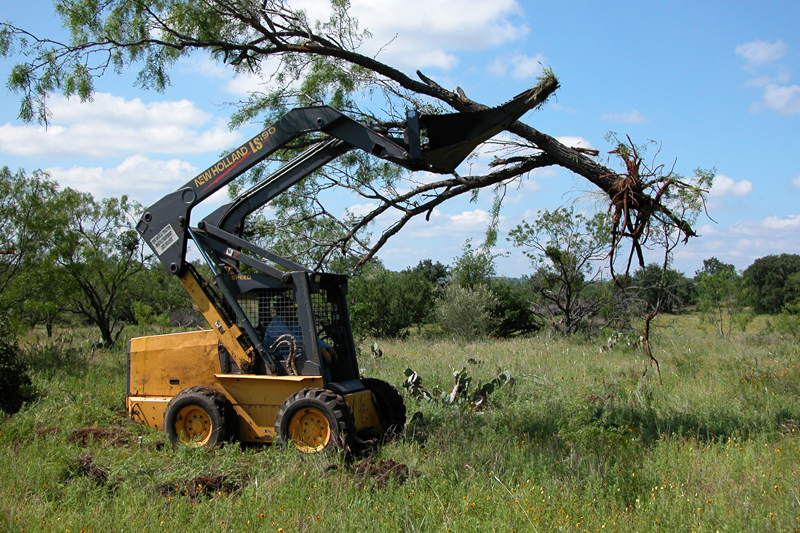
The lectureship topics expand on the areas of brush control challenges, development of brush management plans and goals, expenses and budget limitations, legal considerations, and unintended consequences of herbicide use. Participants will hear about the King Ranch’s perspective on navigating ownership expectations, animal enterprises, and more followed by lab sessions demonstrating mechanical, spray, IPT, and fire equipment methods during the “tools of the trade” segment on the ranch. The lab sessions will be recorded and made available to virtual participants after the event, while classroom instruction will be delivered simultaneously in-person and online.
Goodwin hopes participants receive a greater understanding that brush management is not a silver bullet, rather it will always be part of ranching. Follow up treatments, he explains, can save ranchers and landowners thousands of dollars. He continues to say mitigating risk by understanding the impacts of our decisions will likely determine success.
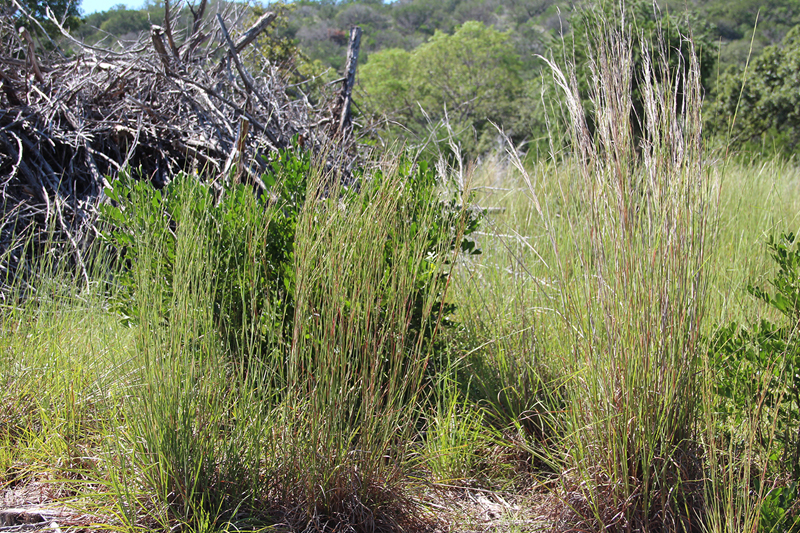
“As land owners and managers we have the privilege of stewarding our nation’s rangelands,” says Goodwin. “Part of that stewardship involves balancing the management of rangeland plant communities while being cognizant of the relative ecologic and economic risks.”
Registration for the event is $300. View the agenda, register, and learn more at krirm.tamuk.edu/brush-management or call 361-593-5401.
About KRIRM
Created and endowed in 2003 by the King Ranch family in celebration of the legendary ranch’s 150th Anniversary, KRIRM’s mission is to sustain the ranching heritage through education, innovation, and outreach. As part of Texas A&M University-Kingsville, KRIRM offers the world’s only Master of Science in Ranch Management degree. Through the applied research program, KRIRM provides innovative solutions to improve ranching systems. The outreach component of KRIRM delivers rancher learning opportunities through lectureships and symposia that address relevant topics in the ranching industry. Learn more about KRIRM and its commitment to sustaining the ranching heritage at krirm.tamuk.edu.
###
CONTACT: Ashley Patterson, ashley.patterson@tamuk.edu
